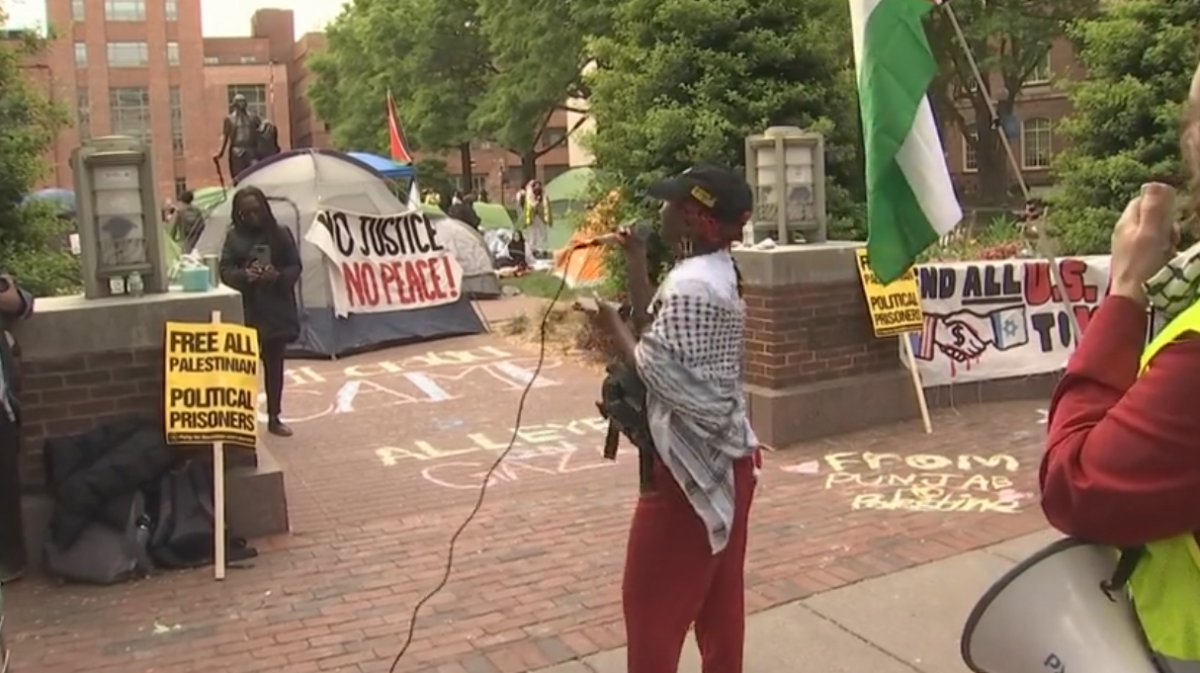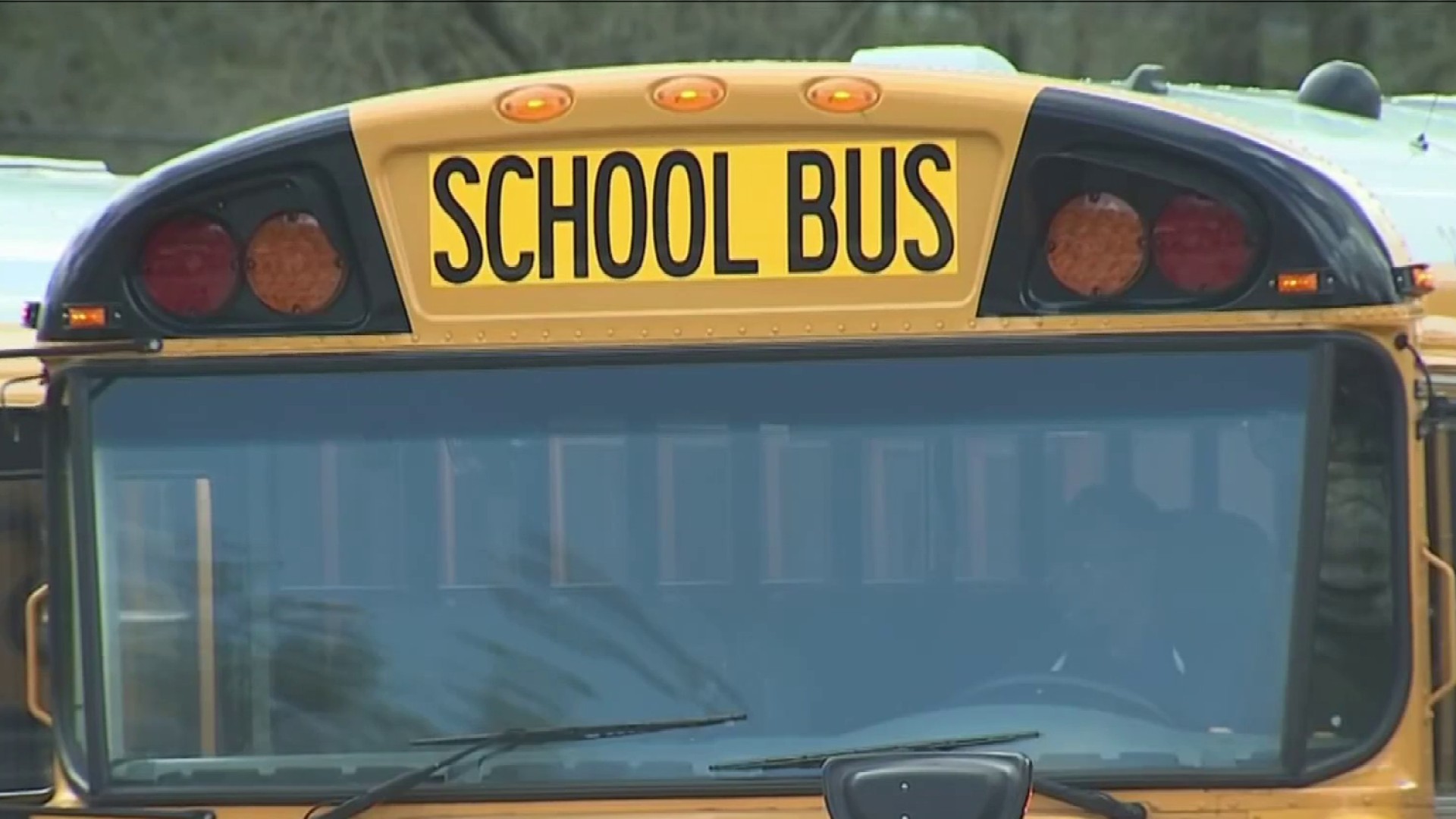George Washington University in Washington, D.C., is among about 90 sites in the country that will conduct clinical trials on an experimental COVID-19 vaccine, the university announced Monday.
The university will participate in a Phase 3 clinical trial of the mRNA-1273 vaccine, co-developed by National Institute of Allergy and Infectious Diseases (NIAID) scientists and the biotechnology company Moderna, Inc., GW said in a news release.
The vaccine uses a chemical messenger called ribonucleic acid or RNA that instructs the body’s cells to create a protein that mimics one found on the outer surface of the virus that causes COVID-19. Scientists hope the injections will spur the body to mount an immune response that will protect against the novel coronavirus, according to the release.
“COVID-19 is one of the greatest public health challenges of our time, and it is of utmost importance to find a safe and effective vaccine,” said Dr. David Diemert, the principal investigator of the clinical trial at GW. “We are proud to play a role in the network of researchers working to reduce the impact of this deadly disease.”
Researchers aim to enroll 500 participants in the clinical trial at GW. There will be a total 30,000 volunteers nationwide.
Participants must be at least 18 years old, and at least one-quarter will be 65 or older, or younger than 65 but have at least one chronic disease such as heart disease, severe obesity or diabetes in order to test the effectiveness of the vaccine among populations who are currently at high risk for experiencing severe illness or death if they contract the novel coronavirus.
Researchers also hope to include a diverse group of participants from communities that have been disproportionately impacted by COVID-19, according to GW.
Local
Washington, D.C., Maryland and Virginia local news, events and information
People who participate in trials will receive two injections, spaced one month apart. As a control measure, half of them will receive a saline placebo. All participants will be monitored for symptoms, side effects and COVID-19.
GW said researchers will follow up regularly with participants for two years after the second dose of the vaccine.
The research is part of the COVID-19 Prevention Network, established by NIAID and the National Institutes of Health (NIH).
You can learn more about the details of George Washington University's vaccine trials here.
Those who want to participate in the trial can go here for more information.



